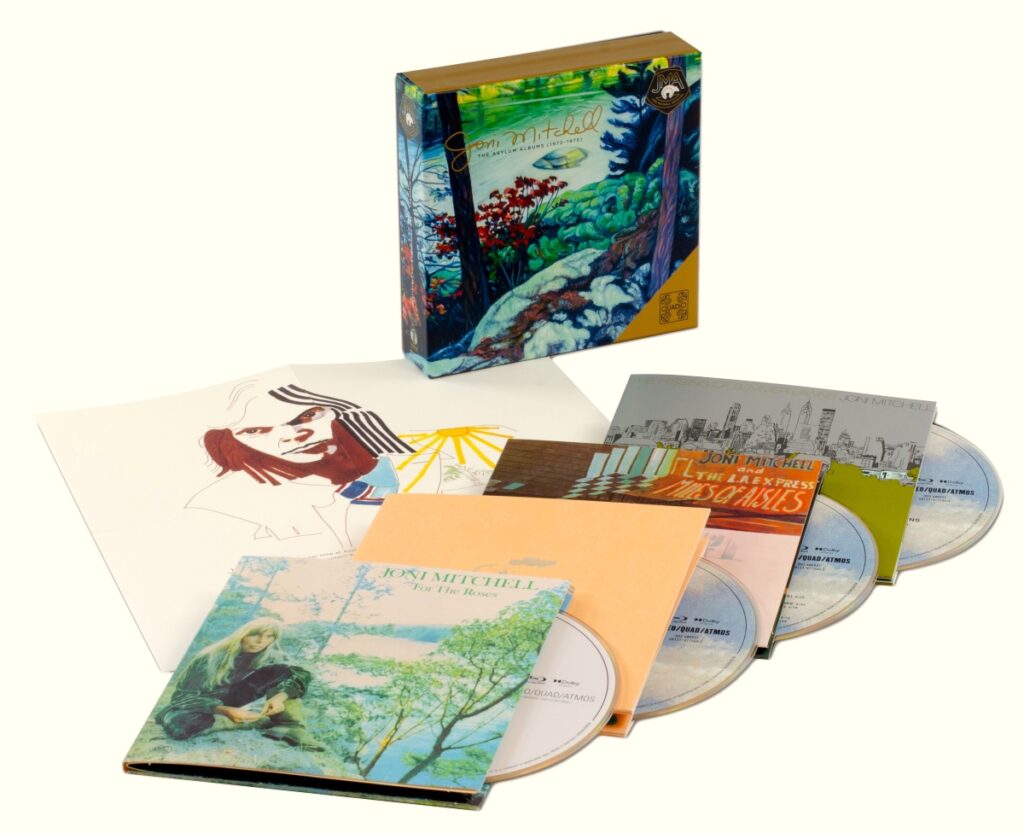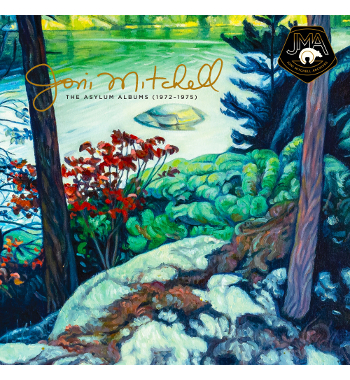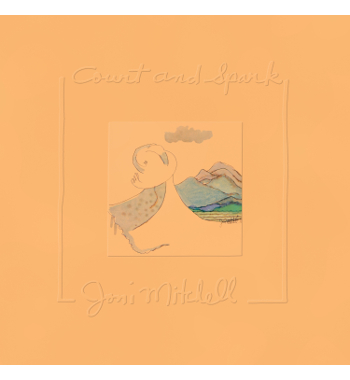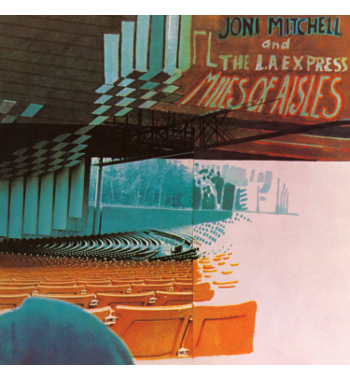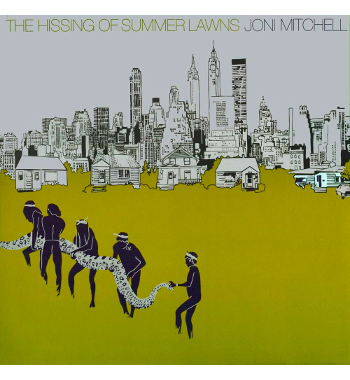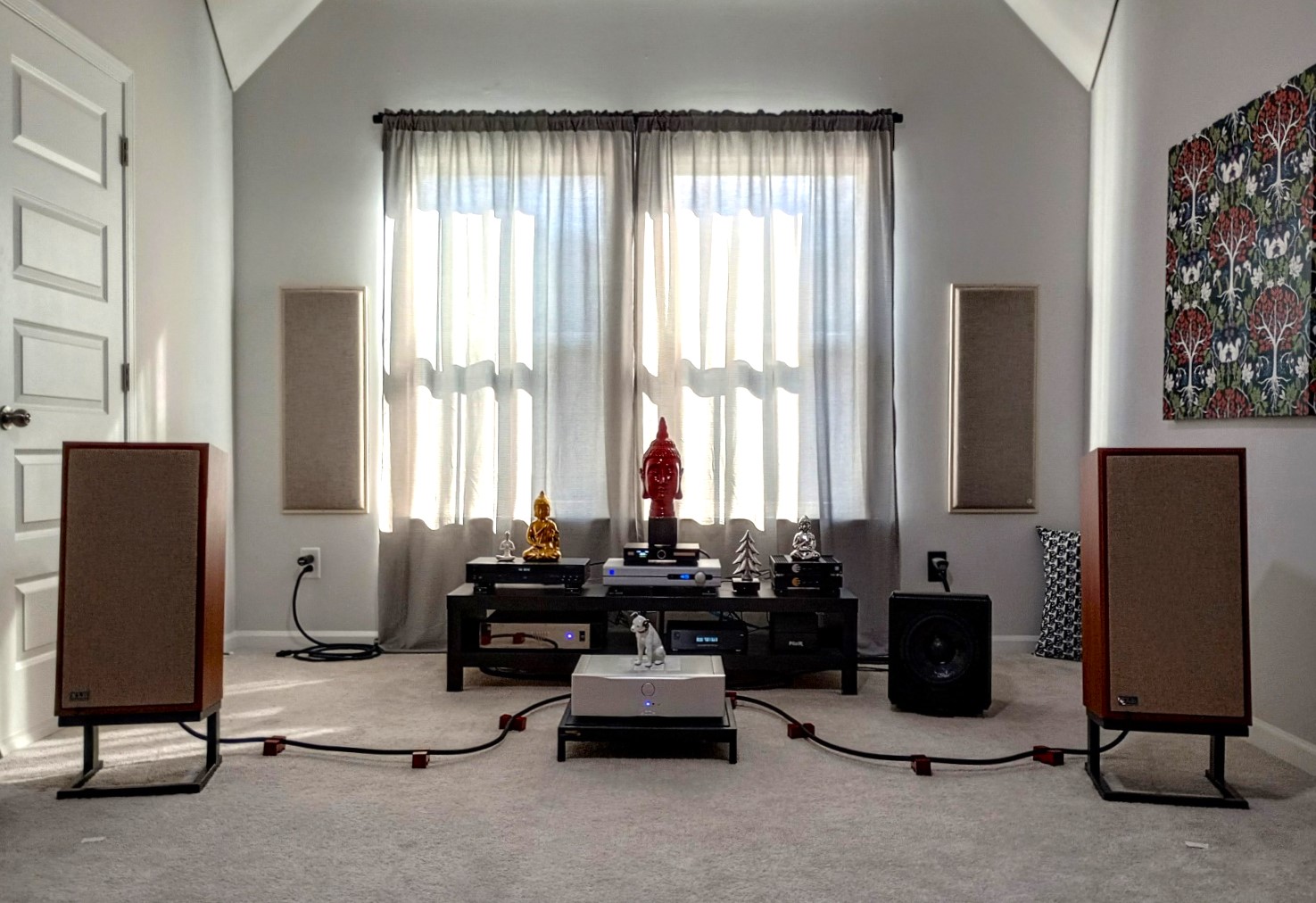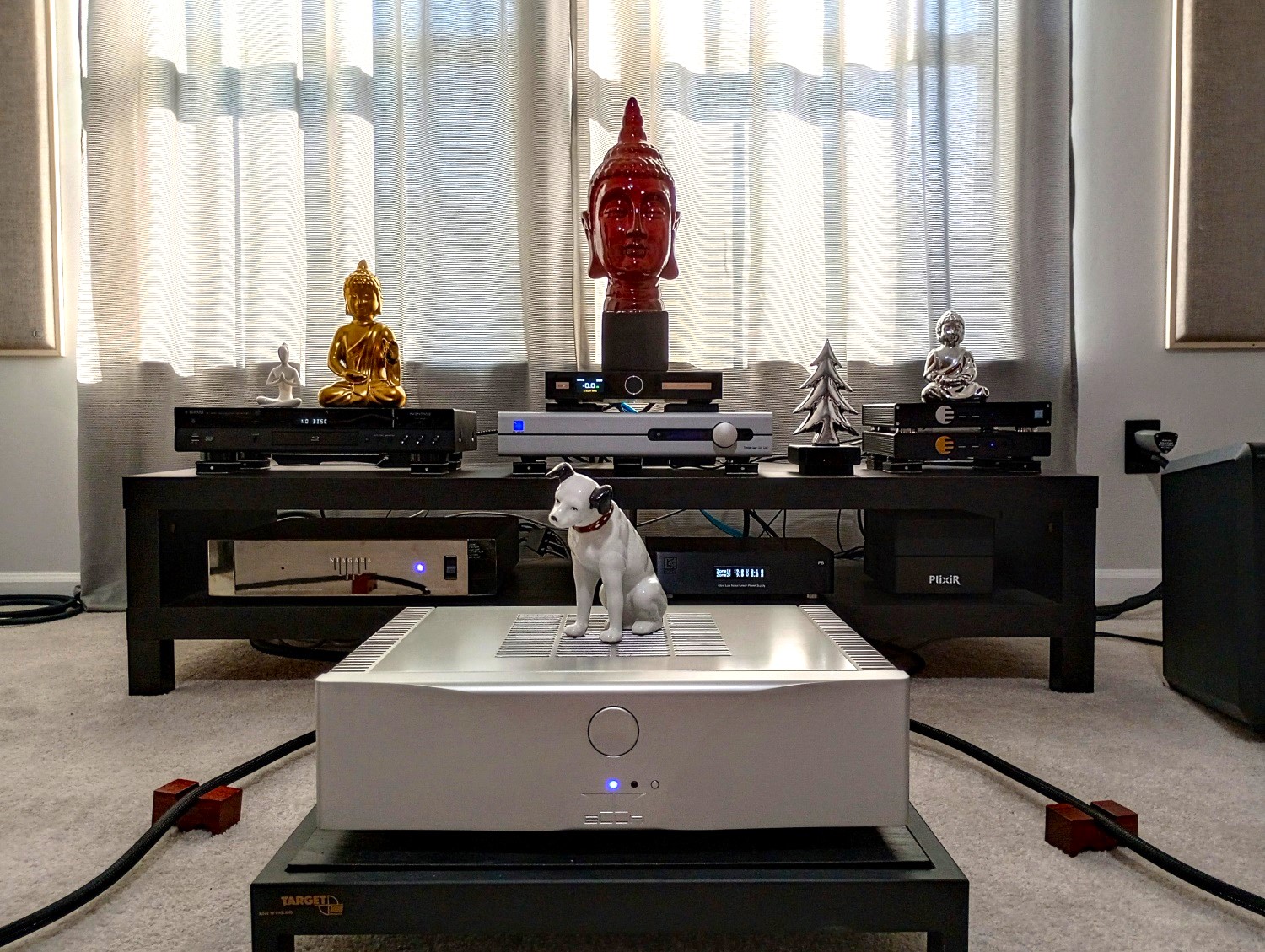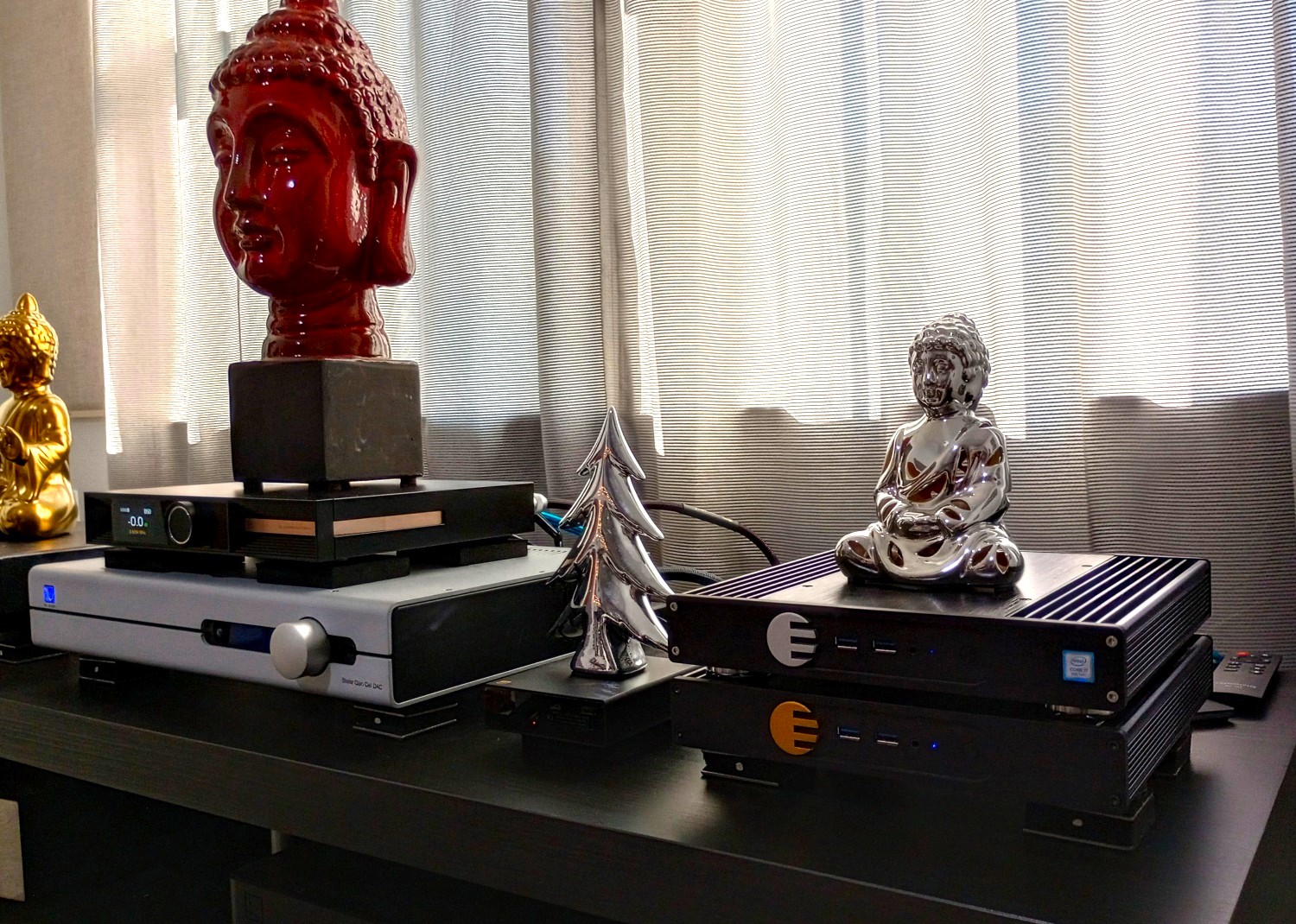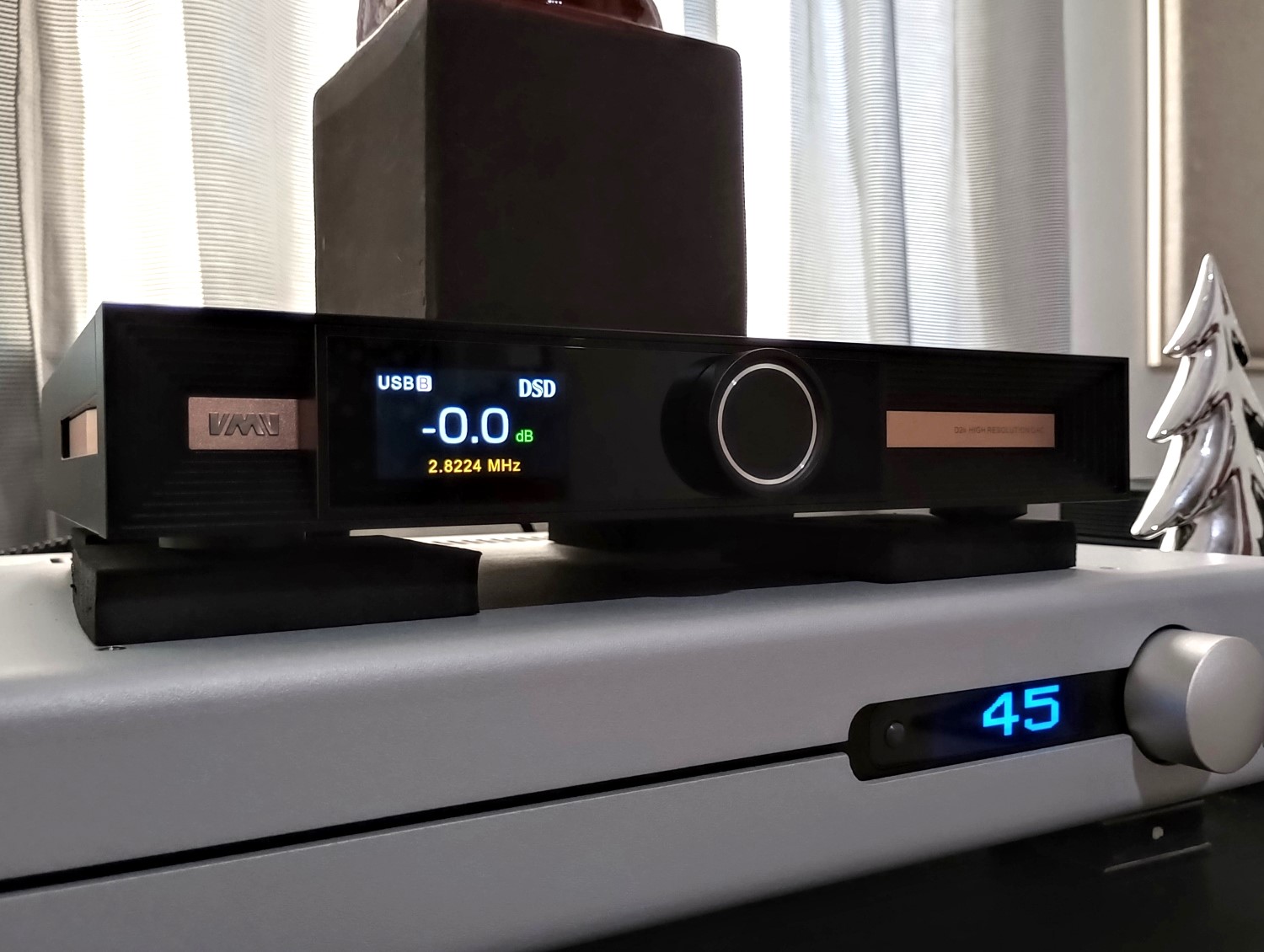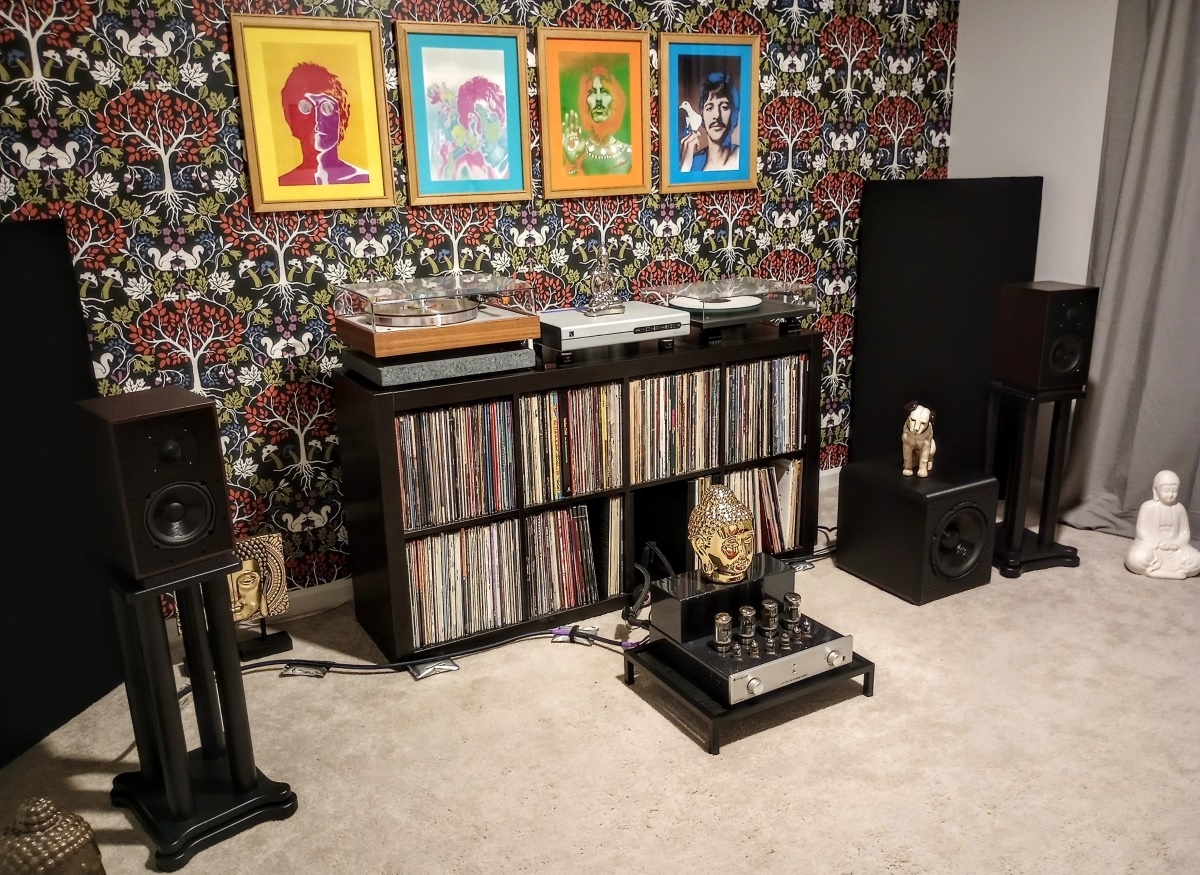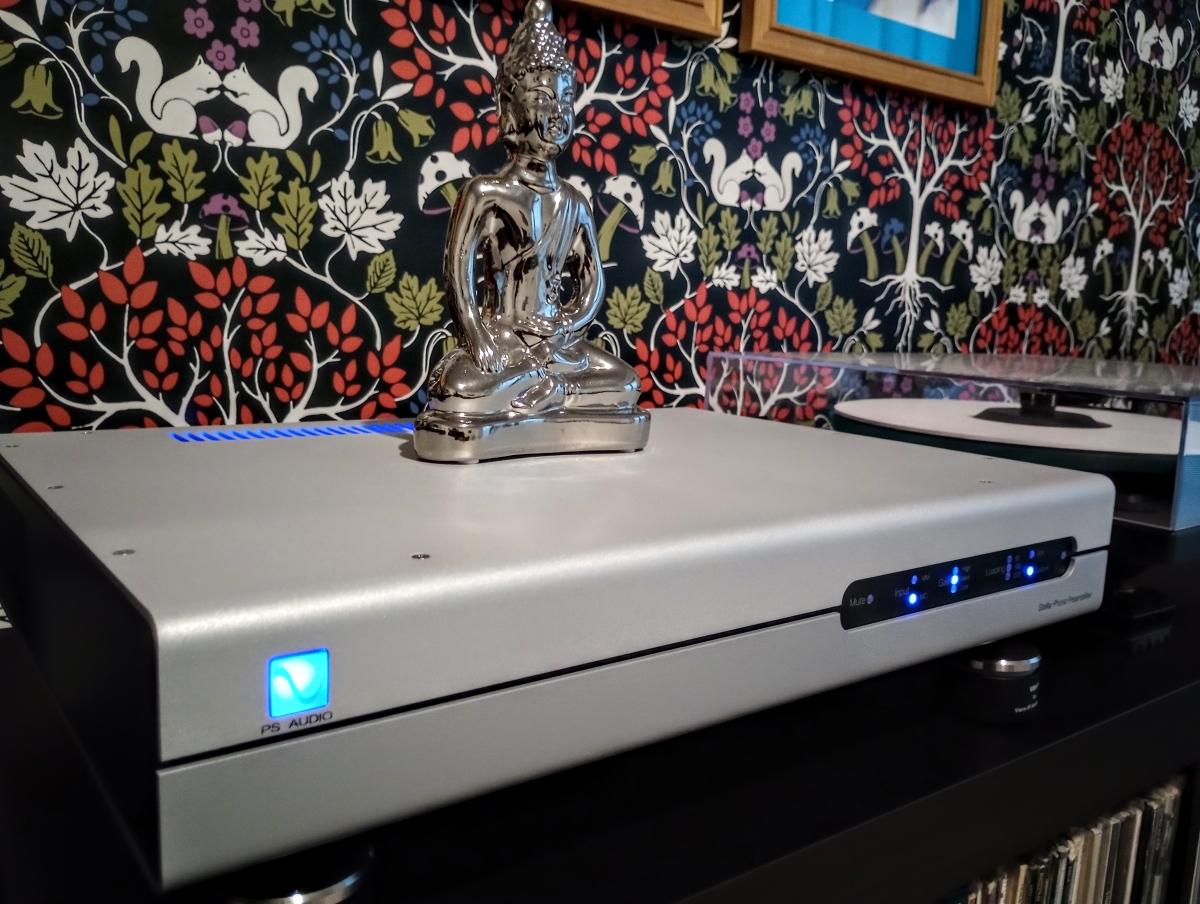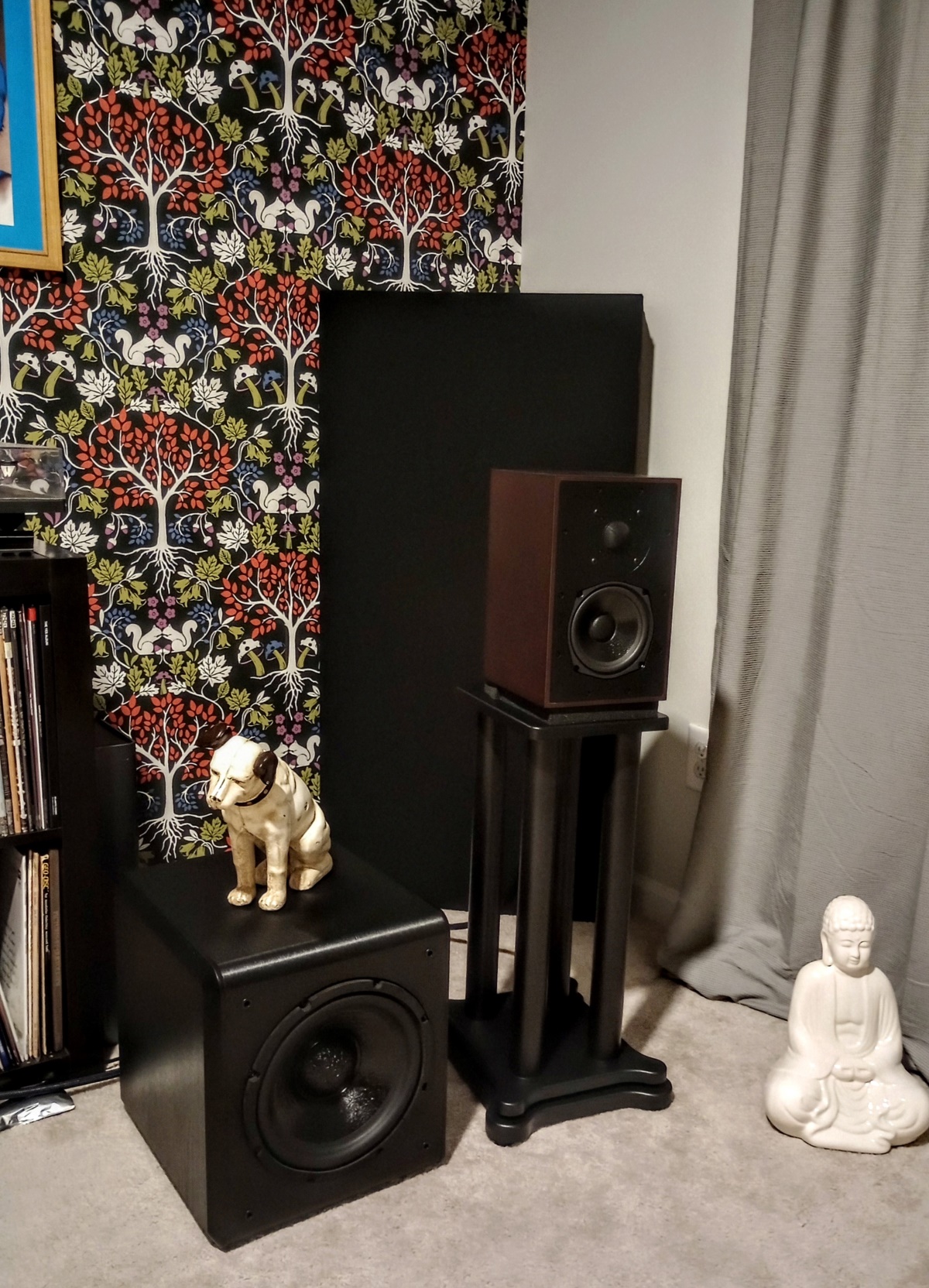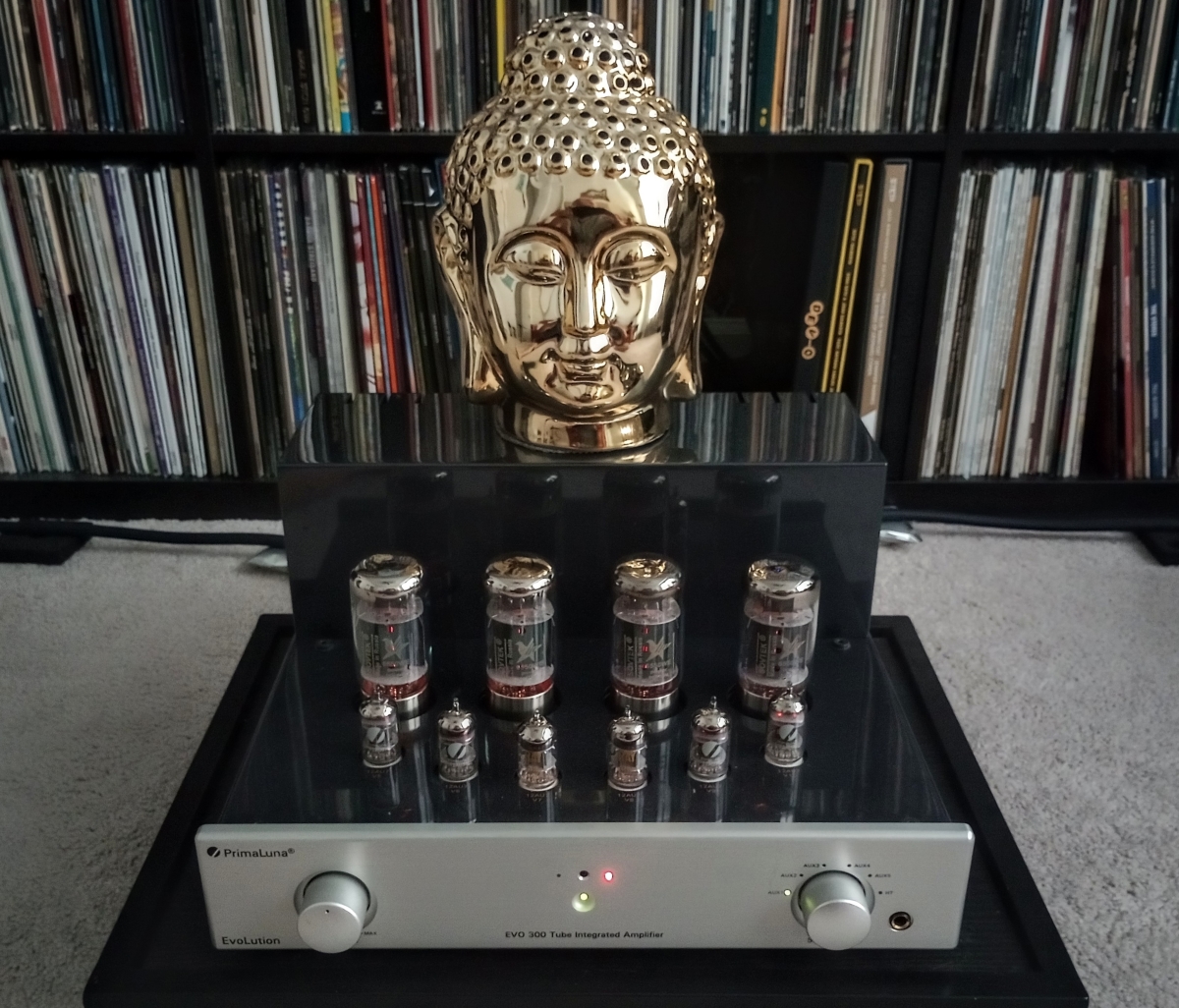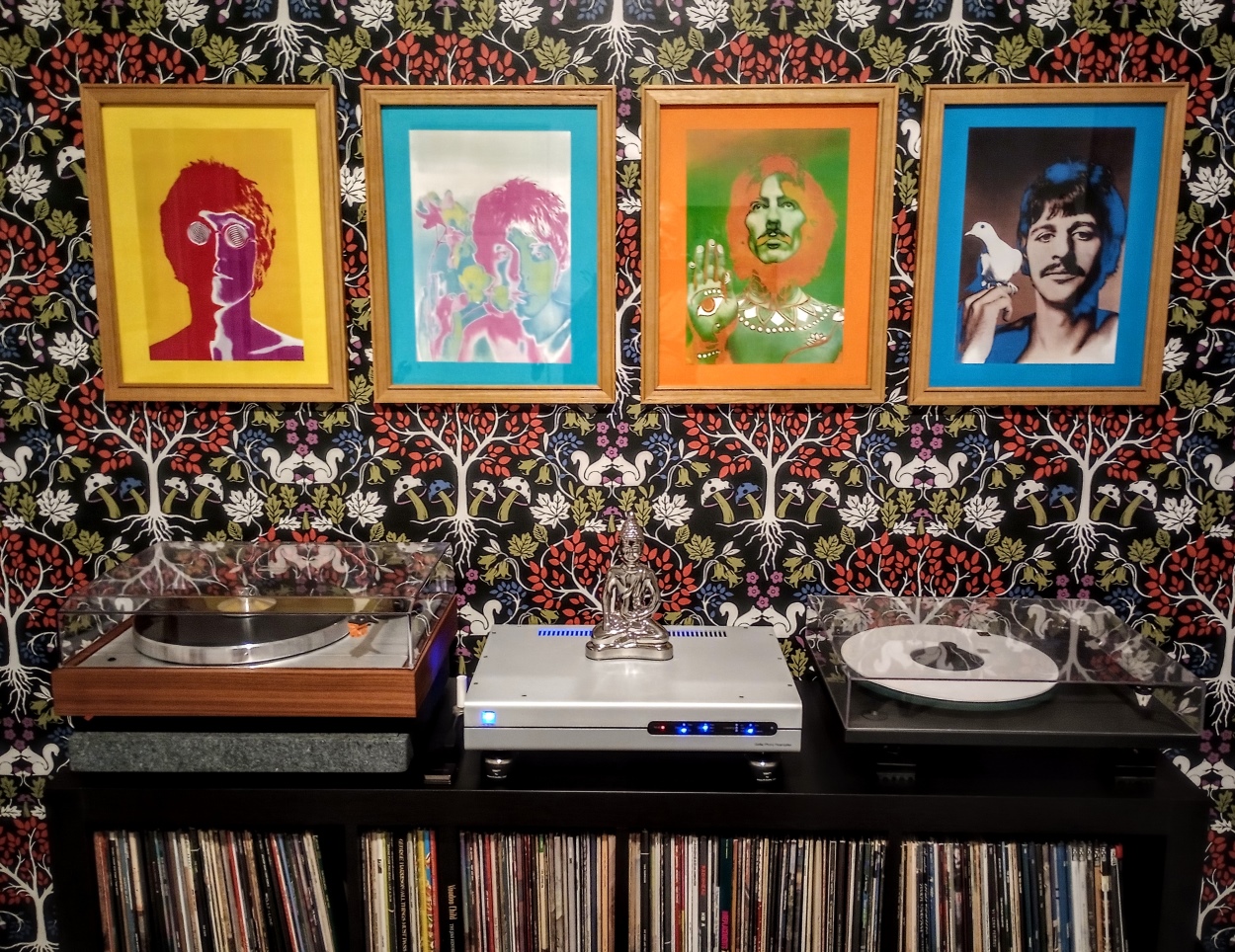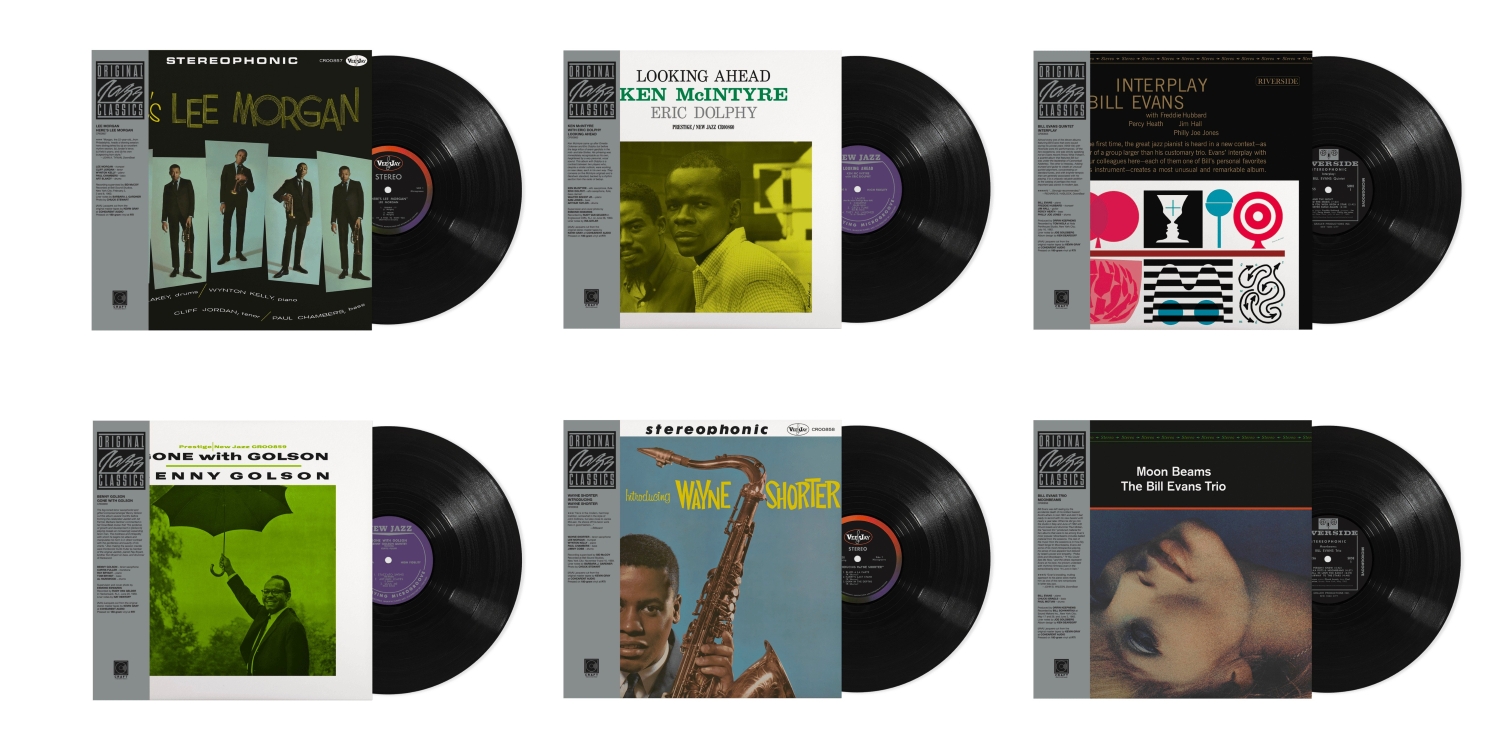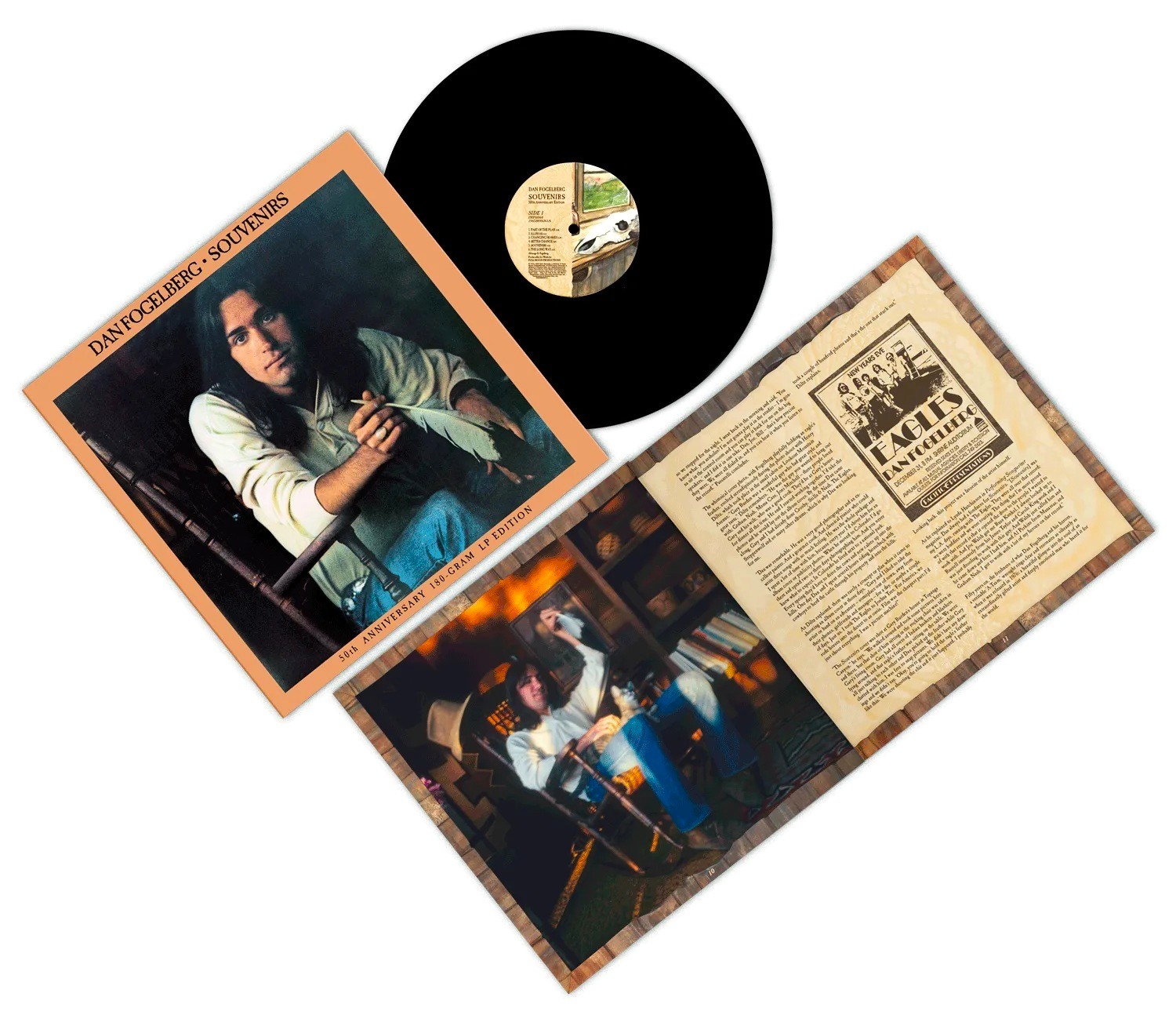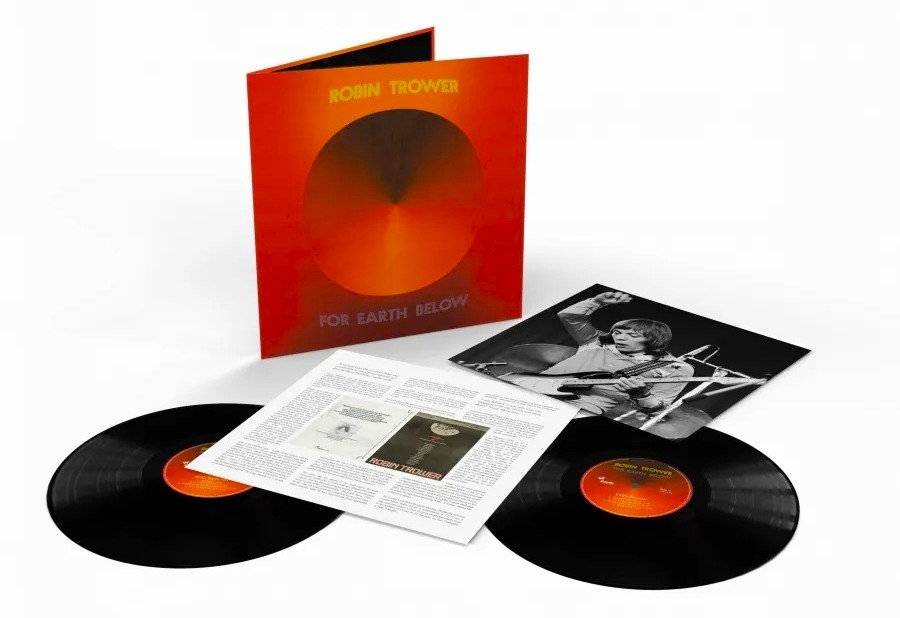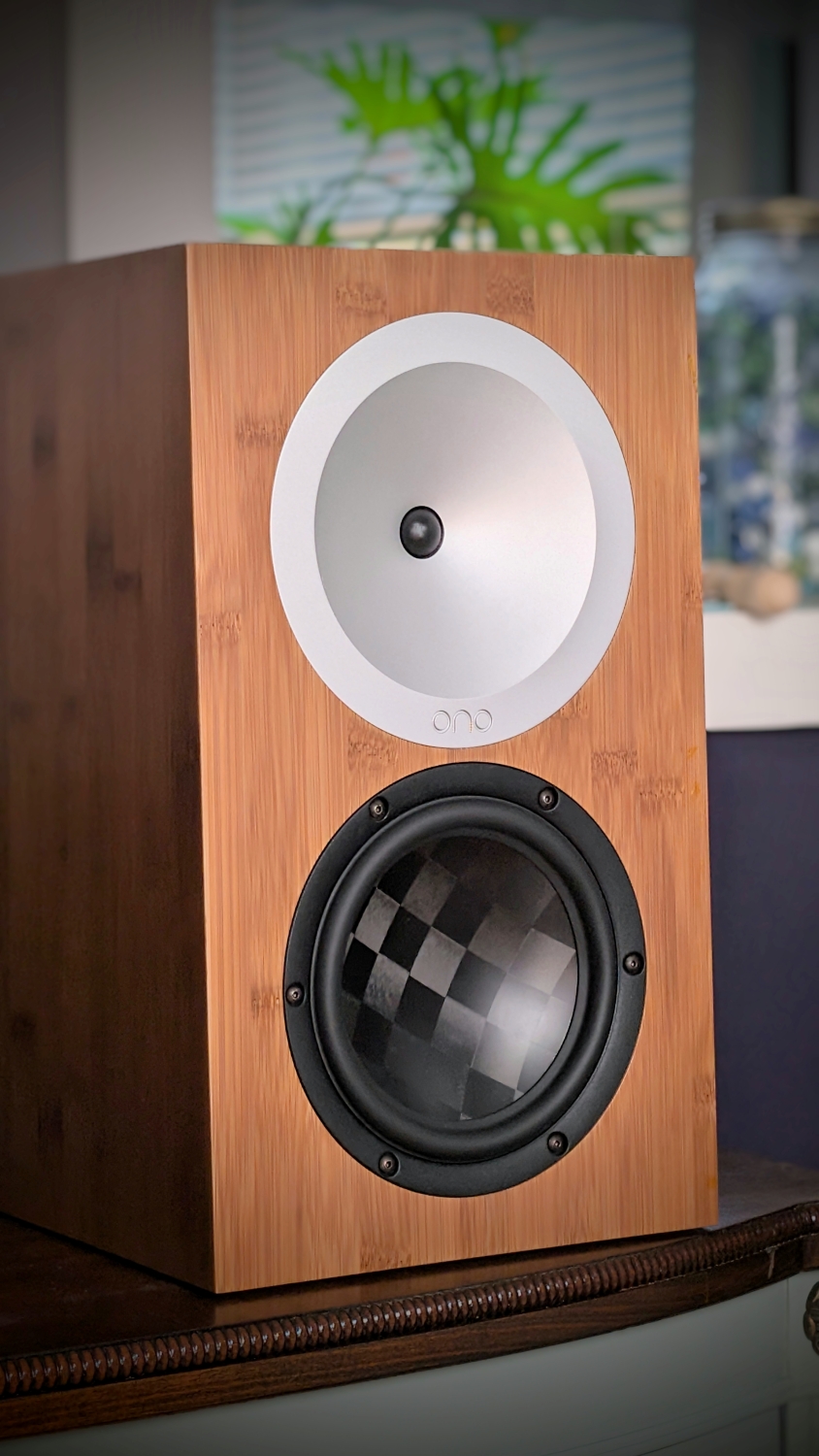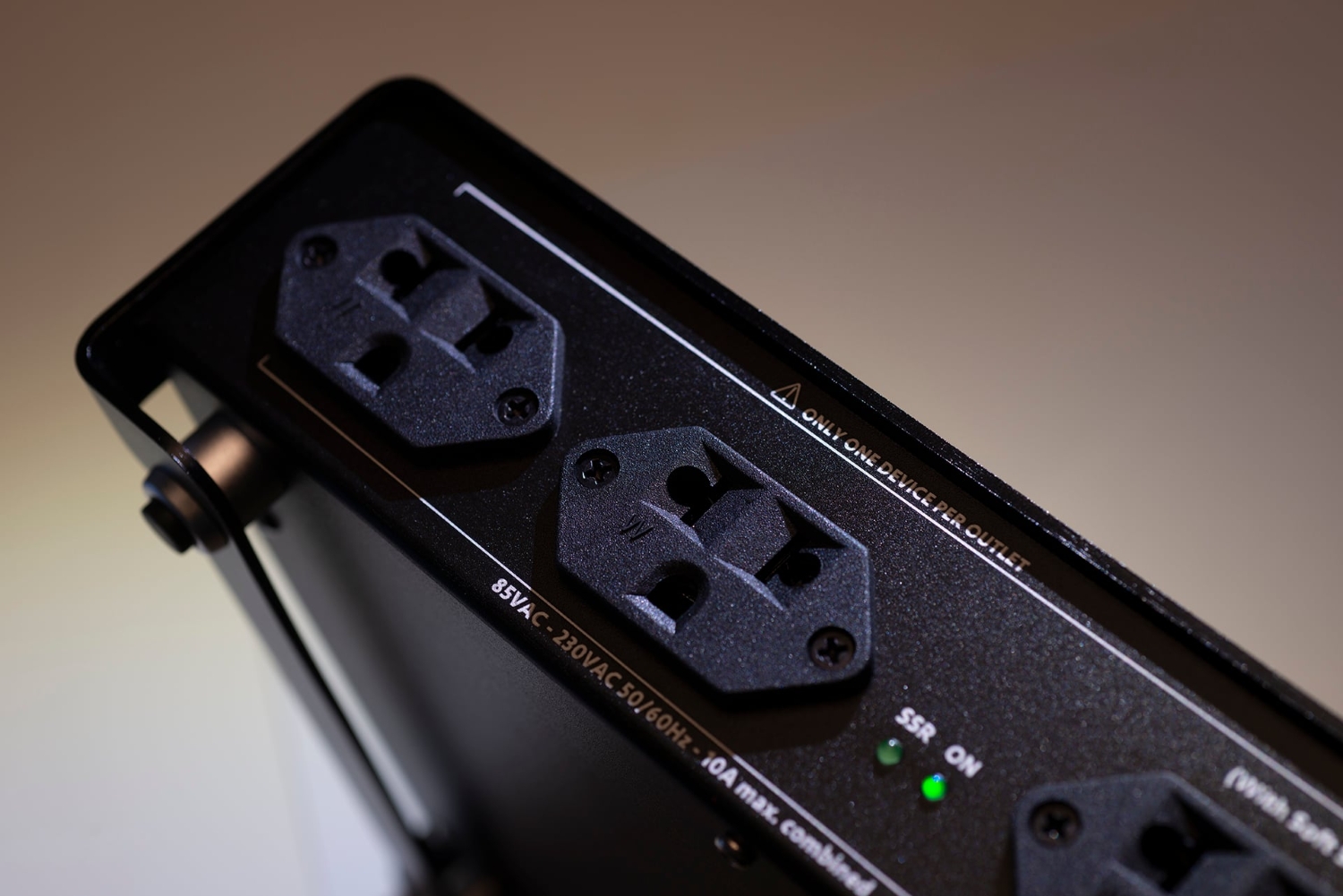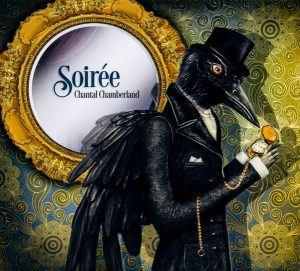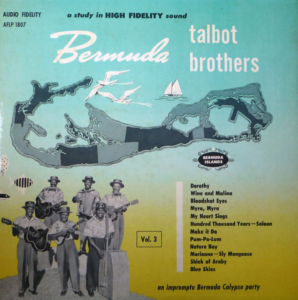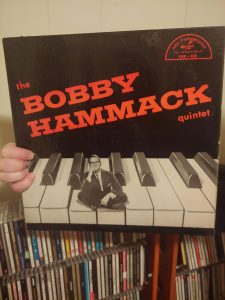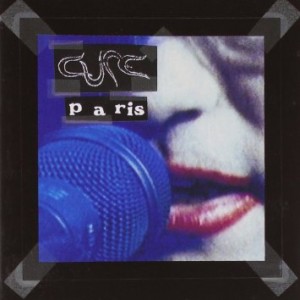Rhino Entertainment has just released the Quadio/Blu-ray box set for Joni Mitchell's The Asylum Albums (1972-1975) Quadio, which covers her first four catalog albums for David Geffen's then fledgling label, Asylum Records. This next installment of her Joni Mitchell Archives series includes the albums For the Roses (1972), Court and Spark (1974), the live album Miles of Aisles (1974), and The Hissing of Summer Lawns (1975). As with the previous Quadio releases, The Asylum Albums (1972-1975) Quadio takes the original stereo and quadraphonic mixes and offers them on single Blu-ray discs in high resolution 24-bit/192kHz lossless PCM audio. That is, with the exception of For the Roses, which apparently never had a quadraphonic mix from back in the day, and features a new one created especially for this set. And the box features the first ever release of the quad mix for Miles of Aisles, which appears to have never been issued back in quad's heyday in the Seventies. Oh, and The Asylum Albums (1972-1975) Quadio features an additional surprise for Dolby Atmos fans: the Blu-ray discs now include new 24-bit/48kHz Atmos mixes created for each album!
The Asylum Albums (1972-1975) Quadio arrived encased in a nice hardboard box with tip-on style artwork that features the same beautiful version of the Joni Mitchell painting that appeared on the covers of both the LP and CD versions of the box that preceded this Blu-ray release. The box is heavily varnished with a distinctive strike-through effect, with Joni Mitchell's signature logo type, the Archives logo, and the Quadio logo all in high-gloss varnish, while Joni's original artwork and the individual album covers are all coated in satin varnish. It's an impressively beautiful box despite its small scale; I can only imagine how I'd have been wowed by the LP-sized box from a couple of years ago! Each of the four albums is encased in a Japanese-style, gatefold mini-album sleeve that replicates the original artwork of each in perfect (if nearly impossible to read) detail. The box also includes a fold-down insert of Joni's vintage watercolor portrait of Neil Young, and also includes a brief essay Young penned for the set's original release in 2022.
As I inspected the contents of the box, I was a bit taken aback that apparently no credit information was provided for the remastering of The Asylum Albums (1972-1975) Quadio, as well as nothing identifying the parties responsible for the new remixes. Digging around online and through emails of press releases revealed nothing, and inspecting the individual discs with a magnifying glass (seriously!) also gave no clues. Just at the point when I was on the verge of reaching out to my contacts at either Rhino or Shore Fire Media, I happened to take another look at the hardboard cover case. Upon inspection of all sides of the case, I was happy to discover that the information I was looking for resided on the bottom panel, of all places! Again, using my magnifying glass to read the four-point type on the panel, I was able to ascertain that the albums were all remastered by Bernie Grundman at Bernie Grundman mastering. Original quad mixes for three of the albums were created back in the day by Henry Lewy, and Bruce Botnick created the new quad mix used in For the Roses. The Dolby Atmos mixes were created by Ken Calliat and Claus Trelby; the Blu-ray discs were mastered and authored by Craig Anderson and David Dieckmann. You can order a copy of The Asylum Albums (1972-1975) Quadio from Rhino's web store HERE. (Note to self: get one of the Bernie Grundman-remastered LP sets before they're all gone!)
Joni Mitchell, The Asylum Albums (1972-1975) Quadio. Blu-ray Audio, $79.98 MSRP
The Asylum Albums (1972-1975), was released in 2022 in separate box set releases that featured both LPs and CDs of the four albums spanning that period, 1972's For the Roses, 1974's Court and Spark, 1974's Miles of Aisles, and 1975's The Hissing of Summer Lawns. At the point of the LP and CD releases, I was deeply involved in the sale of my home in Georgia, as well as the purchase and oversight of my new-construction house in South Carolina. And I missed out on both releases, in part due to having all my audio equipment packed in storage for much of that year. The Asylum Albums (1972-1975) Quadio is helping to rectify that intolerable situation—and I'm getting to hear these digital albums on even better equipment than when I was still in Georgia!
1972's For the Roses was Joni's fifth studio album, and the follow-up to her undeniable masterpiece, 1971's Blue, along with being her first release for David Geffen's nascent Asylum Records. It's said that most of the songs on For the Roses found their genesis in her breakup with James Taylor, who'd skyrocketed to fame with his own recent successes, creating tension between the two artists. The album includes some of Joni's most classic tracks, including "Cold Blue Steel and Sweet Fire," "Banquet," "Barangrill," and the single that garnered tons of airplay for her, "You Turn Me On, I'm a Radio." The record featured Joni on guitar, piano, and vocals, along with Tom Scott (who'd make regular appearances over the next several albums) on woodwinds and reeds. For the Roses also featured Wilton Felder on bass, Russell Kunkel on drums, and Bobbye Hall on percussion, along with solos from James Burton, Stephen Stills, and Graham Nash. Henry Lewy engineered the album, which reached number 11 on the Billboard album charts.
Mitchell's sixth studio album, 1974's Court and Spark, is noteworthy in that it was denser and more production-heavy, and is probably the only instance where Joni Mitchell fully embraced pop music. Simultaneously, it also began a more pronounced transition in her albums' inclusion of jazz-themed elements and motifs. Court and Spark was a huge seller, reaching the number 2 slot on Billboard's album charts for the entire year, and the album's second single, "Help Me," cracked the Billboard top ten, and was her first and only song to achieve that level of chart success. The album featured some of her most accessible songs, including the title track, "Court and Spark," "Help Me," "Free Man in Paris" (which was written about David Geffen, and is said to have infuriated him), "People's Parties," "Raised on Robbery," and "Down to You," which won a Grammy the following year for Best Arrangement Accompanying a Vocalist. The album featured a literal who's who of supporting players, including Tom Scott, Joe Sample, Larry Carlton, Wilton Felder, Robbie Robertson, David Crosby and Graham Nash, and even Cheech & Chong on "Twisted"! The album was engineered by Henry Lewy assisted by Ellis Sorkin. Mitchell had taken off almost an entire year from live performances to concentrate on recording Court and Spark, and it obviously paid huge benefits with the album's unprecedented critical and commercial success.
Joni Mitchell also released a second album in 1974, the live double-LP Miles of Aisles, where Tom Scott and his L.A. Express were her backing band for many of the album's selections. The L.A. Express featured Scott on woodwinds and reeds, Robben Ford on guitar, Larry Nash on piano, Max Bennett on bass, and John Guerin on drums and percussion. Miles of Aisles was recorded over two sets of concert dates in March and August of that year, and Wally Heider's mobile truck was used for the remote recordings. Henry Lewy was again behind the console, and Ken Calliat assisted with the recordings for Wally Heider Recording. The double album is a mix of classic Joni Mitchell tunes, including "You Turn Me On, I'm a Radio," a raucous version of "Big Yellow Taxi" that cracked the top forty singles chart, a much more aggressive and jazz-infused performance of "Woodstock," along with soulful performances of tunes from the album Blue, including the title track and "The Last Time I Saw Richard." The selection of songs across four LP sides touched on most of her catalog of albums leading up to that point. Miles of Aisles was a critical and commercial success, and also reached the number 2 position on the Billboard charts.
1975's The Hissing of Summer Lawns was Joni Mitchell's seventh studio album, and showed the artists' more headstrong move into less conventional and more experimental musical territory. It highlighted Mitchell's continuing embrace of jazz, but also featured the heavy use of synthesizers and sampled music. Her use of a sample from the African ensemble The Drummers of Burundi on the tune "The Jungle Line" is widely considered to be the earliest use of sampling by any artist, and was perhaps the first foray by a major recording artist into World music. The Hissing of Summer Lawns challenged listeners and fans like no previous album from Mitchell ever did, and was initially greeted with tepid critical response. Despite the lack of enthusiasm of the music press, the album still sold well, reaching the number 4 position on the Billboard album charts. The Hissing of Summer Lawns' opening track, "On France They Kiss on Main Street" seemed more like an extension of the vibe of Court and Spark. But more challenging tracks like "The Jungle Line," "Edith and the Kingpen," and "Harry's House/Centerpiece" dragged audiences more deeply into her vision of jazz. While The Hissing of Summer Lawns' initial response was somewhat lukewarm, critics have since re-evaluated their opinion of the album and consider it to be another of Joni's masterworks from the mid-seventies. Many of the session musicians that had appeared on her previous Asylum records also performed on The Hissing of Summer Lawns, which was also engineered by Henry Lewy.
Quadio Discs Offer Joni Mitchell's First Asylum Albums Like You've Never Heard Them Before!
I do all my listening to music from both digital and analog sources on one of my two main audio systems; you can click on my name in the header above to see the associated equipment that I use in my reviews. That said, both systems feature home theater bypass setups that allow me to listen to the surround sources that I utilized for this review. My digital system has a Yamaha BD-A1060 Blu-ray/universal disc player as one of the sources, and that allows me to access the surround content on Rhino's Quadio discs. As I stated in a previous Quadio disc review from last year, the possibility of listening to quad releases excited me beyond all levels of reason almost five decades ago, and finally hearing them now does not disappoint! Yes, there are differences—often quite pronounced—between the original stereo mixes and the quad mixes, but I embrace the differences and find the quad mixes really enjoyable. And the high resolution 24-bit/192kHz remasters of the original stereo tracks are almost beyond belief, easily bettering any current versions that happen to reside in my digital library.
As with all Blu-ray and DVD-A discs that include multiple high-resolution stereo and surround mixes, it's an absolute necessity to have a monitor present to navigate the disc's contents. That's especially true with The Asylum Albums (1972-1975) Quadio, which includes Dolby Atmos mixes for the first time on Quadio discs, and as I very quickly discovered, the Blu-ray's are all authored to default to Atmos playback. Meaning you need the on-screen menu to move between the Atmos, quad, and high-res stereo tracks for meaningful comparisons. I'm not currently set up for Dolby Atmos playback, and even though it will downconvert to whatever format your system is currently playing, I am unable to effectively evaluate its sound quality. But the quad mixes were really outstanding—and definitely worth the fifty year wait! All of the quad mixes place Joni's vocal front and center, with the players spread about, then offer what's essentially an immersive mix that gives you the feel of experiencing the recordings live in the studio—or in the case of Miles of Aisles, in the concert hall. Of course, there are solos and various instruments that come from unexpected places in the soundstage, but it's never anything too jarring to the senses. I felt that Bruce Botnick's new quad mix created for For the Roses was superb, and very much on par with Henry Lewy's original quad mixes for the other three albums in the box set.
I've been a fan of Joni Mitchell's music going all the way back to my teen years in the early Seventies, especially when album-oriented-rock radio station programmers weren't afraid to play less formulaic selections. I remember hearing tracks from all four of these albums on my local station of choice, WKLS-FM (96 Rock) in Atlanta, Georgia throughout my high school years. That prompted me to develop a deep appreciation for her music—as well as purchase copies of the LPs. And then do a deep dive into her earlier music—and while I didn't profess to have always understood Joni's complex lyrics or their deeper meaning, I still found her voice and the music undeniably arresting!
I still listen to Joni's LPs on my all-analog system with incredible delight. But Rhino has given us an astonishing gift with The Asylum Albums (1972-1975) Quadio, which offers not only the superb quadraphonic playback so many of us have been waiting decades for, but also the finest digital incarnation her albums have ever been presented in. I've never heard these albums sound so very good! If I have a quibble at all, it's with the microscopically small type that appears on the Quadio box credits, which is only four or five points in size and very difficult to read; that said, the music is my primary concern, and it's exceptional! Thanks so very much to Taylor Perry at Shore Fire Media and to everyone at Rhino Entertainment for the opportunity. For Joni Mitchell fans and completists, this box is not to be missed, and comes very highly recommended!
Rhino Entertainment
All images provided by Rhino and Shore Fire Media




